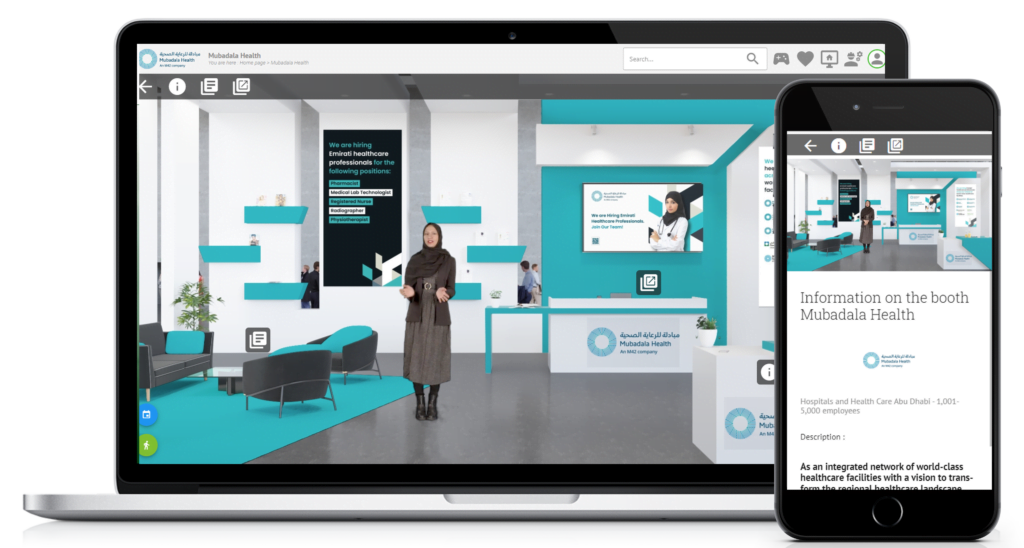Title: Challenges in Healthcare Executive Recruitment: A Case Study of Qatar’s National Health Insurance Company
Introduction:
In 2013, Hamilton Resourcing, a renowned executive recruitment firm, was entrusted with a critical assignment by Qatar’s National Health Insurance Company (NHIC). The project aimed to fill mid to senior-level executive positions within the organization, both from a global and regional talent pool. Despite its successful completion, this case study highlights the various challenges encountered throughout the recruitment process.
“The past 12 months have been a tremendous success for the National Health Insurance Company. The fact that the scheme’s roll-out has been both smooth and on time is a significant achievement and testament to Qatar’s progress toward realisation of the National Vision 2030 and modernization of the healthcare sector as envisioned by the National Health Strategy.”
Dr. Faleh Mohamed Hussain Ali, acting CEO of NHIC
Case Study:
- Understanding the Cultural Landscape:
One of the primary challenges Hamilton Resourcing faced was understanding the cultural nuances of Qatar. Qatar has a unique cultural environment, which significantly impacts recruitment practices. Navigating the local customs, business etiquette, and expectations was essential to establish credibility and trust with potential candidates. - Talent Scarcity:
The healthcare industry, especially at the executive level, often faces a shortage of qualified candidates. Finding individuals with the right blend of skills, experience, and cultural fit was challenging. This scarcity required extensive searches and a longer recruitment cycle. - Regulatory Compliance:
Qatar has stringent regulations regarding healthcare, and executives needed to have a deep understanding of these regulations. Ensuring candidates possessed the necessary qualifications and experience to meet these requirements was crucial, adding complexity to the search process. - Relocation Challenges:
Attracting international talent required addressing relocation concerns. Candidates often hesitated due to concerns about family relocation, cultural adjustments, and unfamiliarity with the Qatari healthcare system. Overcoming these obstacles demanded effective communication and support throughout the recruitment process. - Language Proficiency:
Arabic is the official language in Qatar, and while many executives possess English language proficiency, fluency in Arabic is often preferred. This language barrier narrowed the candidate pool and created additional screening challenges. - Compensation and Benefits:
Establishing competitive compensation and benefits packages for international candidates was complex. Aligning these packages with the local cost of living, tax regulations, and cultural expectations required careful negotiation and consideration. - Candidate Assessment:
Assessing the executive candidates for their technical competencies, leadership skills, and alignment with the organization’s values and vision was a meticulous process. Balancing these elements and making informed decisions required a rigorous evaluation process. - Competition:
Qatar’s healthcare sector was experiencing significant growth, leading to increased competition for top talent. Competing against other healthcare organizations for the same pool of candidates added a layer of complexity to the recruitment process. - Security and Privacy:
Due to the sensitivity of healthcare information, ensuring that candidates met security and privacy standards was critical. Background checks and compliance with data protection laws required meticulous attention to detail. - Post-Placement Integration:
Once executives were recruited, their successful integration into the organization’s culture and operations became crucial. Ensuring a smooth transition required ongoing support and guidance from Hamilton Resourcing.
Conclusion:
Hamilton Resourcing’s successful completion of the executive recruitment project for Qatar’s National Health Insurance Company demonstrates their expertise in overcoming the multifaceted challenges associated with healthcare executive recruitment. This case study highlights the importance of cultural understanding, talent scarcity, regulatory compliance, relocation support, language proficiency, compensation negotiation, candidate assessment, competition, security, and post-placement integration in the healthcare executive recruitment process. By addressing these challenges effectively, Hamilton Resourcing contributed to the organization’s success in building a strong leadership team for Qatar’s National Health Insurance Company.
Ref’s:
- https://dohanews.co/seha-health-insurance-one-year/
- https://dohanews.co/qatar-cabinet-annuls-seha-tenders-private-insurers-readied/
- https://dohanews.co/health-coverage-extended-qataris-providers-struggle-influx/
- https://dohanews.co/report-qatars-healthcare-sector-fastest-growing-region/
- https://dohanews.co/national-insurance-patients-need-referral-see-specialist/


